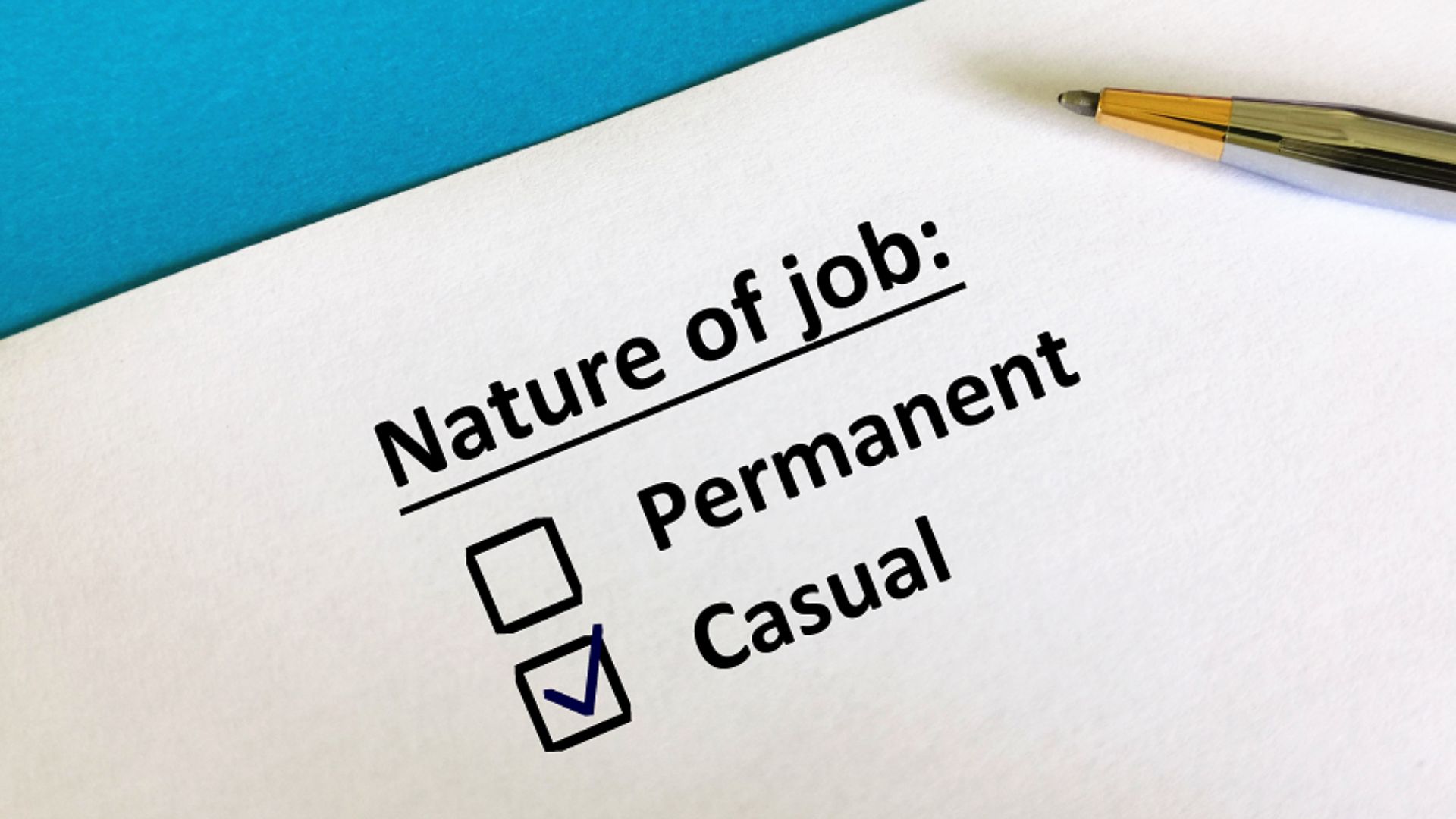So, you’re thinking of getting a deposit bond but have a few questions? You’re not alone. Deposit bonds are a mystery to most first home buyers. But knowledge is power, as they say. So, the more you know about deposit bonds, the better you can prepare for the process and the sooner you’ll get the key to your first home.
Earlier this month we published a first home buyer’s guide to deposit bonds. This week we spoke to Etienne Rizzo, co-founder of Deposit Assure, to get answers to the most common questions asked by a first home buyer.
Q1. I am a first home buyer, can I get a deposit bond?
A deposit bond can help first home buyers get into the property market. If you already have formal approval for your finance through a guarantor loan and your property settles within six months, that’s enough to get a deposit bond. No need for your guarantor to also sign your deposit bond (phew!).
If settlement is greater than six months, or you don’t have finance approval, you will need a guarantor to apply with you for your deposit bond. Your guarantor will need to have a property with the required equity to release a deposit bond. This acts as a safety net, so the deposit bond provider can ask your guarantor to pay back the deposit amount in the unlikely event of a claim on your bond. It also makes sure you have every chance of obtaining finance at settlement.
Q2. When do I pay back the deposit?
Technically, you never “pay back” any money, unless there is a claim on the bond. The provider’s role is to guarantee you for the deposit bond amount right up until you get the funds at settlement. In other words, the deposit bond tells the vendor that you’re good for the money and the sale is unconditional. Then, at settlement, you pay the full purchase price, plus the deposit and any additional costs, like stamp duty. The only money exchanging hands is the deposit bond fee, which you pay to the provider upfront.
Q3. How much does a deposit bond cost?
It depends on a few variables, like the deposit amount and the term (the amount of time you need the bond for). As a guide, if you have finance approval that is unconditional or, at a minimum, subject to a valuation and your property is settling in less than six months, the fee is 1.3% of the deposit bond amount. Do the maths and a $50,000 deposit bond will cost you $650. To get a quick estimate, go to Deposit Assure’s online fee calculator and enter your deposit bond amount and the term.
Q4. Do I pay interest?
No – you just pay the one-off fee to the provider just before your deposit bond is released. In most cases, that makes a deposit bond more financially beneficial than a loan.
Q5. I am buying off-the-plan – how long does the deposit bond need to be made out for?
Buying off-the-plan usually requires the deposit bond to be issued up to the “sunset clause” date. The sunset clause date is a provision in off-the-plan contracts that allows either the vendor or purchaser to rescind the contract if the property’s title has not been created by a specific date. Find the sunset clause date in your contract of sale, or ask your solicitor or conveyancer. While you’re there, look out for a separate clause relating to deposit bonds – some vendors may request to add additional time to a deposit bond.

Deposit Bonds are an effective way of replacing your first home deposit (Conditions apply)
Q6. Do I need to seek approval from the vendor to use a deposit bond to secure my purchase?
Absolutely. Always check with the real estate agent and/or vendor to make sure they will accept a deposit bond instead of a cash deposit.
Q7. What are the differences between a deposit bond and a bank guarantee?
Good question – this is something lots of people wonder about. The idea behind a bank guarantee and deposit bond is the same: a bank guarantee is a guarantee from a lender to ensure the liabilities of a debtor will be met. In other words, if the debtor fails to settle a debt, the bank covers it.
But there are some key differences that might impact which one you choose:
- Bank guarantees are secured, which means they require real estate or cash security to release. Deposit bonds are unsecured, so when the provider does an assessment of your eligibility to get a deposit bond (if you do not have finance approval), it’s simply to ensure you have the required equity to support a bond in the event of a claim.
- Bank guarantees usually have higher set-up and ongoing costs compared to the one-off deposit bond fee.
- Bank guarantees have more paperwork for set-up compared to a deposit bond application.
- Deposit bonds are generally faster to obtain than a bank guarantee (less paperwork helps speed things along too!)
Q8. Can I use a deposit bond for a house and land purchase?
A deposit bond can only be used to secure the deposit required up to 10% on the land purchase. It cannot be used as the deposit to secure the building construction loan.
Q9. Why should first home buyers consider using a deposit bond?
Everyone focuses on the deposit required for obtaining finance, and many forget that the real estate agent requires a cash deposit of up to 10% to secure the property. That where deposit bonds come in. They are a flexible, easy to arrange and low-cost way to secure your property purchase – especially when using a family guarantor.
Once you’ve asked your parents to leverage the equity in their home to obtain a family guarantee loan, the next hurdle is coming up with the cash deposit. A deposit bond is a convenient option. You might even have existing savings, which you can supplement with a deposit bond to secure the property.
Ready to go? Or have you got more questions?
Deposit Assure’s concierge team is on hand to answer your questions and guide you through the entire process, from start to finish. Contact Deposit Assure today.
Written By,
Etienne Rizzo – Co Founder of Deposit Assure


